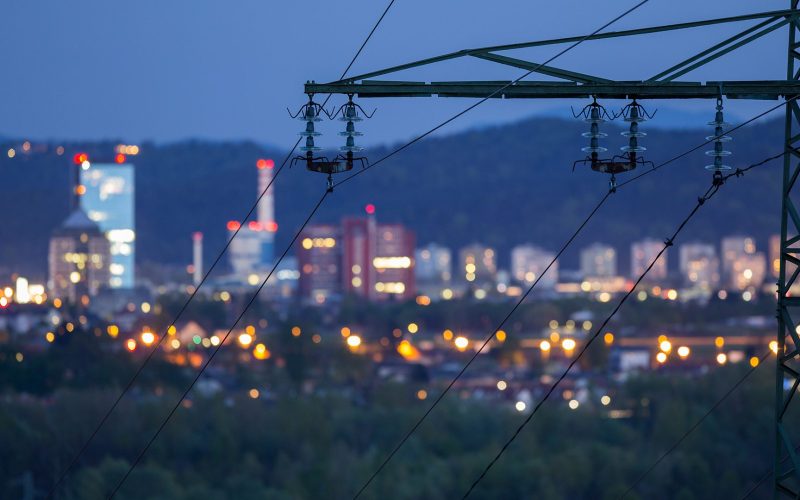THE VOICE FOR THE ENERGY CONSUMER

CEA President David Holt recently opined on the lack of civility and increasing lawlessness of anti-energy protesters (as we’ve documented multiple times – see for example here and here) which.

CEA’s recent report, “Everyday Energy for Pennsylvania,” was highlighted by the Pittsburgh Business Times. Thanks to increased production and new technologies, which have decreased the price of natural gas, Pennsylvanians.

After a long day, it’s nice to come home, flip on the lights and turn on the TV while you change clothes and get ready to start dinner or head.

Chris Ventura, CEA Midwest Executive Director, recently discussed the importance Ohio energy production has had on reducing energy costs for families and farmers while increasing employment opportunities across the state..

With continued pipeline constraints preventing oil and natural gas from reaching energy consumers, new projects are being planned that will bring new employment and help keep energy prices from rising..

PITTSBURGH, P.A. — Thanks to increased production and new technologies, which have decreased the price of natural gas, Pennsylvanians saved more than $30.5 billion between 2006 and 2016, according to.

With serious infrastructure constraints caused by the production of more American energy resources, energy consumers need new pipelines to bring oil and natural gas to the market to help put.

Booming American energy production has resulted in pipeline bottlenecks, preventing additional supplies of energy, which could help lower prices, from reaching consumers across the country. Oil drilling and well completions.

As we have previously reported, our increasingly constrained infrastructure hampers economic development and causes families, farmers, and businesses to pay more for the energy they need to get by. The.

Tim Page, Executive Director of CEA Southeast, discusses why energy infrastructure needs to be a part of the conversation when Virginia’s Division of Energy reviews the Commonwealth’s strategic energy policy..